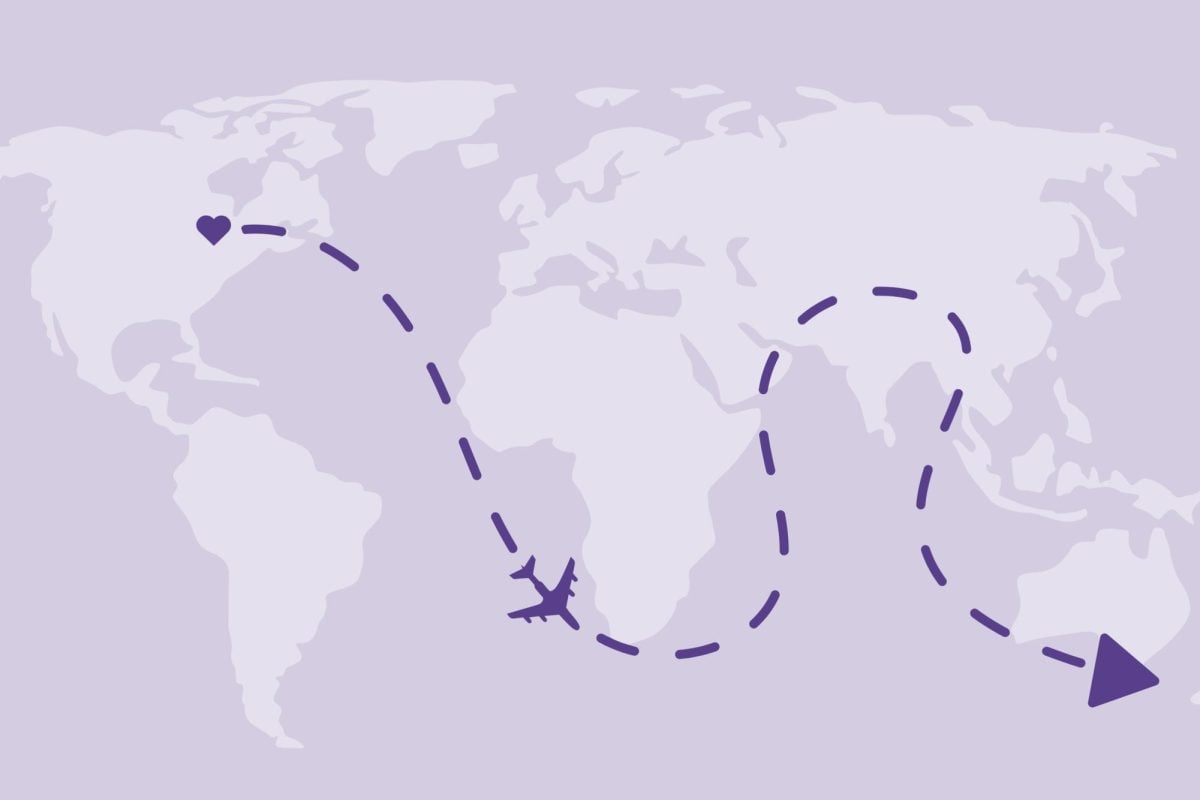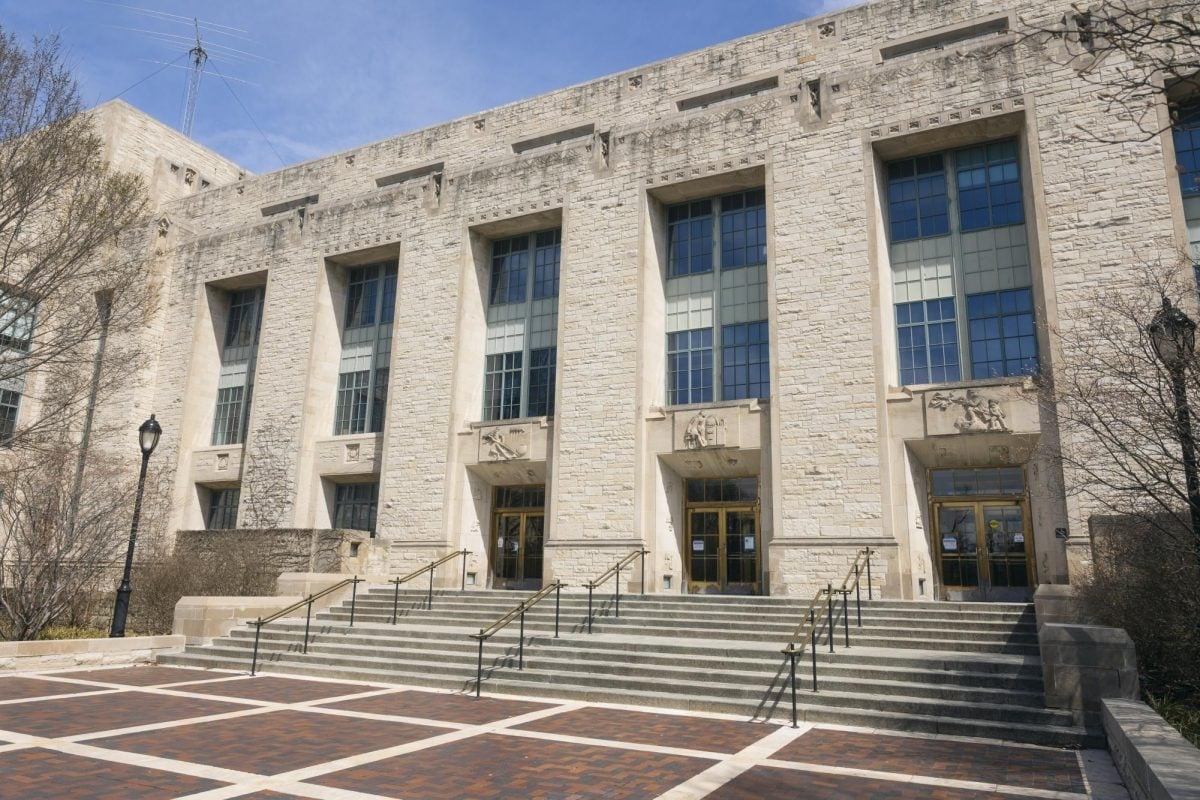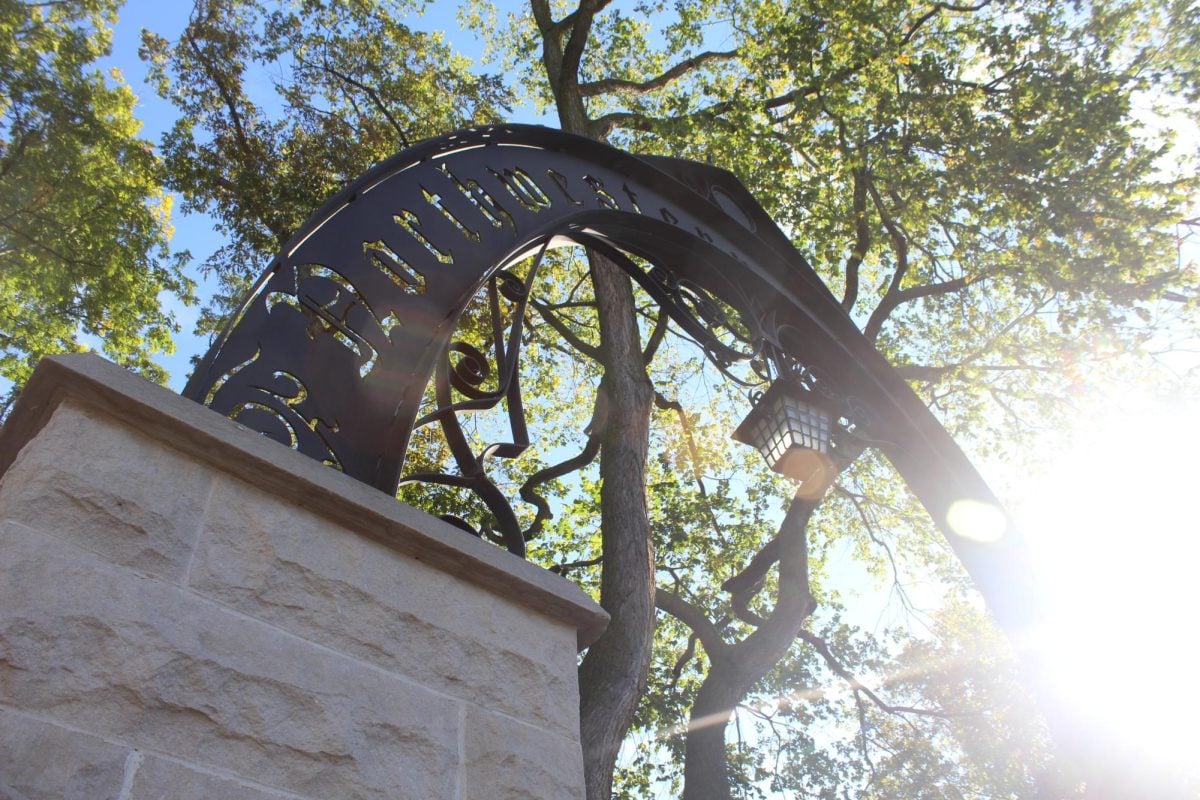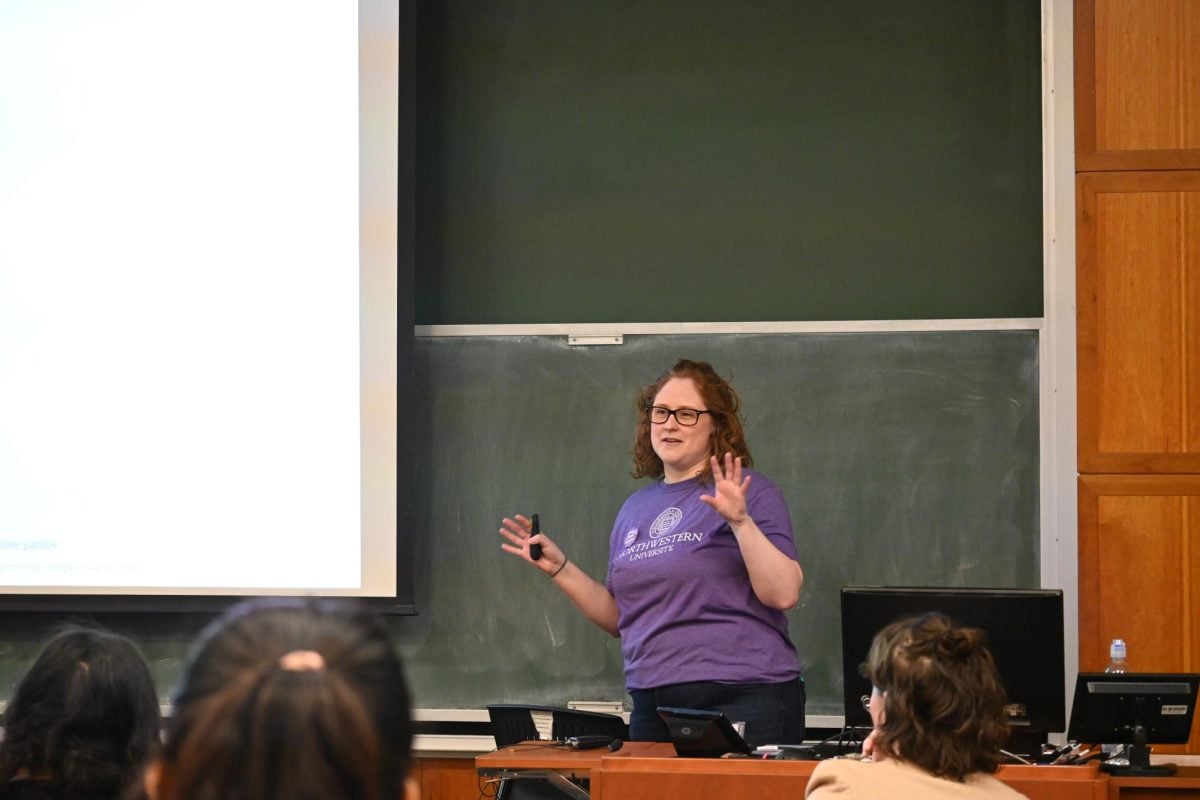Northwestern undergraduate and graduate tuition costs will increase by 4.6 percent for the 2010-11 academic year.
For the 2009-10 academic year, costs increased by 3.6 percent, the lowest amount in more than 40 years, according to a press release from the University.
“Last year’s increase was low, no doubt about it,” University Spokesman Al Cubbage said. “This year’s increase is close to where we’ve been the last decade or so.”
Tuition increases usually hover between 4 and 5 percent, Cubbage said.
The total cost for undergraduates for tuition, fees and room and board will increase to $52,463 from $50,166. Tuition will rise to $39,840 from $38,088, while room and board will grow to $12,240 from $11,703.
Room and board costs are based on a student living in a double on a 19-meal-per-week plan. According to an e-mail sent by the University, about 4,000 of NU’s 8,400 undergraduates live in University residence halls.
For NU to incorporate the Living Wage Campaign, the “additional annual cost in room and board rates for those living in residence halls would be at least $1,000,” according to an announcement on the University’s Web site. This would be an increase of at least 13 percent for room and board. Additionally, tuition could also be affected, according to the announcement.
Weinberg senior Matthew Fischler, campaign coordinator for the Living Wage Campaign, said the group has never asked NU to pay for the campaign through tuition.
“From the beginning of the campaign, we’ve been very clear … we’re only asking to fund the Living Wage if it doesn’t burden students,” Fischler said. “We haven’t had any conversations about increasing tuition.”
Fischler said the group hasn’t figured out how to pay for the campaign but doesn’t think other universities draw on tuition funds; rather, they use endowment funds.
“The University withdraws a conservative amount from the endowment,” he said.
For the 2009 fiscal year, 18 percent of the NU budget came from the endowment, marking endowment spending at 4.9 percent. This percentage is comparable to that of other universities, but constitutes a lower percentage of NU’s budget.
NU’s rise in tuition costs for the 2010-11 academic year is not going toward any specific project or service but rather to support the University in general, Cubbage said. The funds will go toward student services, investments in academic programs and recruiting faculty, according to the University e-mail.
In an interview with The Daily on Feb. 25, University President Morton O. Schapiro said NU is in a position to recruit top faculty, as the University depends less on its endowment than other universities.
“The University, because of the decline in the endowment, has really done a good job of being very careful with our finances,” Cubbage said. “It’s just a matter of being fiscally responsible.”
Some peer schools are increasing tuition similarly to NU.
Brown University is increasing total costs for undergraduates 4.5 percent, while the
University of Chicago will increase tuition by 4.2 percent. The University of Pennsylvania will have one of its smallest tuition increases in about 40 years-only 3.8 percent, according to its Web site.
In contrast, other universities have had to significantly raise tuition costs due to poor economic conditions. In November, protests broke out in California after the University of California system increased tuition by 32 percent.
NU stays aware of students’ abilities to pay tuition, Cubbage said.
“Financial aid is increasing significantly more than the tuition increase,” he said.University scholarships for the 2010-11 academic year will increase by 8 percent to $105 million. For the 2009-10 academic year, total scholarships increased by 10 percent, and for the 2008-09 school year it increased by 11 percent.
The number of low-income students has increased by 27 percent over the past year, according to an e-mail sent by the University earlier this month.
Other costs increasing for students include the Student Activities Fee, which will increase to $144 from $138, and the student athletic fee, which will increase to $39 from $37.
The student health fee will remain at its current level of $200, while the premium for voluntary student health insurance will go up 4.5 percent.
Tuition costs for graduate students in the Medill School of Journalism, the Kellogg School of Management, the School of Law and the Feinberg School of Medicine will be decided later this spring.[email protected]







